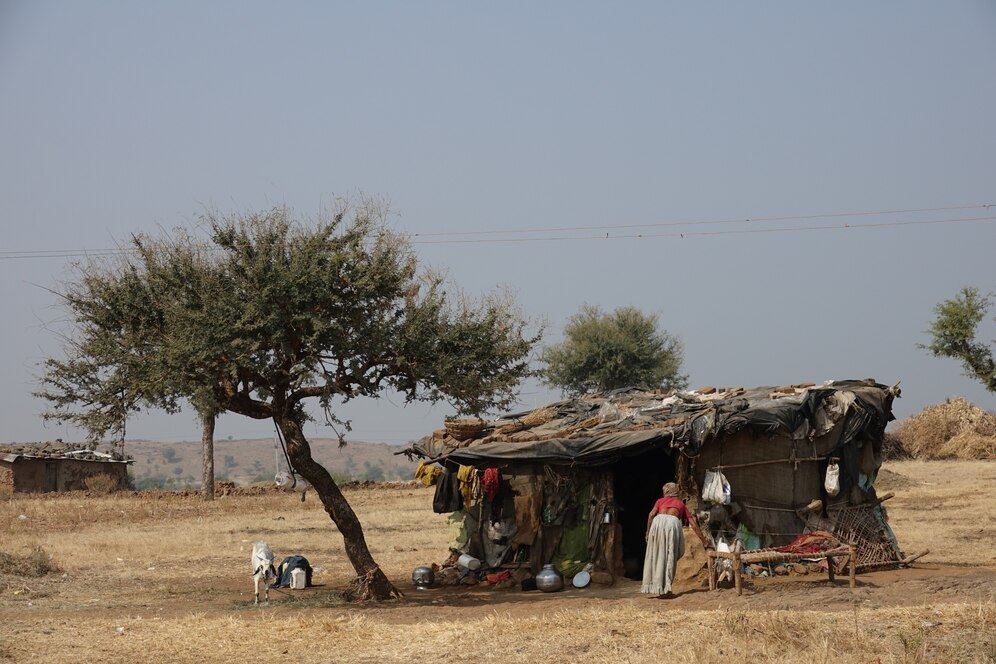Poverty is a complex issue that requires a comprehensive and multifaceted approach to address effectively. In Namibia, despite significant progress in recent years, poverty remains a pressing challenge. To eradicate poverty and create a more inclusive society, concerted efforts from the government, civil society, and individuals are crucial. In this blog, we will explore key strategies and actions that can contribute to the eradication of poverty in Namibia.
Enhancing Education and Skills Development:
Education plays a pivotal role in breaking the cycle of poverty. To eradicate poverty, Namibia must prioritize accessible and quality education for all. This includes improving access to early childhood education, reducing dropout rates, and enhancing vocational training programs. By equipping individuals with relevant skills and knowledge, they can enhance employability and access better job opportunities.
Promoting Sustainable Economic Growth:
Sustainable economic growth is vital for poverty eradication. Namibia should focus on diversifying its economy, creating an enabling business environment, and attracting investment. Emphasizing sectors with high employment potential, such as agriculture, tourism, and renewable energy, can generate jobs and income opportunities for marginalized communities. Additionally, supporting small and medium-sized enterprises (SMEs) and entrepreneurship can foster economic resilience and reduce income inequality.
Strengthening Social Safety Nets:
Effective social safety nets provide a safety net for vulnerable populations and reduce poverty. Namibia should invest in comprehensive social protection programs, including cash transfer schemes, unemployment benefits, and healthcare coverage. These initiatives can alleviate immediate hardships and empower individuals to invest in their future.
Improving Access to Basic Services:
Access to basic services, such as clean water, sanitation, healthcare, and housing, is essential for poverty eradication. Namibia should prioritize infrastructure development in rural and marginalized areas, ensuring equitable access to these services. Collaborating with international organizations and leveraging public-private partnerships can help address infrastructure gaps effectively.
Promoting Gender Equality and Women’s Empowerment:
Gender inequality exacerbates poverty. Empowering women through education, access to healthcare, economic opportunities, and decision-making roles is crucial. Namibia should strengthen legislation and policies that promote gender equality, address gender-based violence, and provide support for women-owned businesses. By empowering women, the nation can unlock their full potential and contribute to poverty eradication.
Enhancing Agricultural Productivity and Food Security:
Agriculture plays a vital role in poverty reduction, particularly in rural areas. Namibia should invest in modern agricultural techniques, provide access to affordable credit and resources, and promote sustainable farming practices. Strengthening agricultural value chains, improving market access, and supporting farmers’ cooperatives can enhance productivity and income generation in the agricultural sector.
Fostering Good Governance and Transparency:
Transparent and accountable governance is crucial for poverty eradication. Namibia should promote good governance practices, combat corruption, and strengthen institutions responsible for poverty reduction programs. Enhancing fiscal discipline, ensuring efficient public expenditure, and involving civil society in decision-making processes can foster trust, accountability, and effective poverty reduction strategies.
Encouraging Collaboration and Partnerships:
Addressing poverty requires collaboration among various stakeholders. Government, civil society organizations, international partners, and communities should work together to develop coordinated strategies, share resources, and implement poverty eradication programs. Through partnerships, innovative solutions can be developed, and the impact of interventions can be amplified.
Eradicating poverty in Namibia is a complex and long-term endeavor. By embracing a comprehensive approach that encompasses education, sustainable economic growth, social safety nets, access to basic services, gender equality, agriculture, good governance, and collaboration, Namibia can make significant strides towards poverty eradication. It requires a collective effort from all sectors of society, with a commitment to sustainable development and social inclusion. Together, we can build a future where poverty is eradicated, and every Namibian has the opportunity to thrive.
